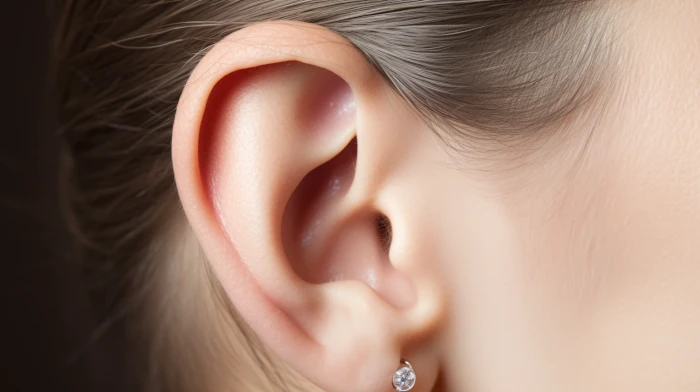If you’re one of the many people who have trouble hearing as you get older, you’ll be happy to know that researchers think certain nutrients may help protect your hearing ability. In lab experiments, scientists at renowned universities have found that the antioxidants beta-carotene, vitamin C, and vitamin E, as well as the mineral magnesium, might aid the ears in defending themselves against damage.
The Science Behind the Nutrients
In these studies, the antioxidant nutrients played an essential role in protecting a structure in the inner ear implicated in age-related hearing loss. The scientists believe that oxidative damage—a natural breakdown that occurs due to the harmful molecules called free radicals—is a strong contributor to hearing deterioration as we age. These powerful and essential nutrients are believed to be effective weapons against free radicals, protecting and preserving the delicate structures in the ears.
Beta-Carotene
Starting with beta-carotene, this well-known antioxidant can be converted into vitamin A in the body, which in turn contributes to overall good health and maintains the proper function of cells in the ears. To boost your intake of beta-carotene, incorporate colorful plant-based foods into your diet, such as carrots, sweet potatoes, spinach, kale, and apricots. Remember that cooking these vegetables can significantly increase their beta-carotene content and make them an even more potent source of this essential antioxidant.
Vitamin C
Moving on to vitamin C, this ever-popular antioxidant is crucial for the development and maintenance of the blood vessels that supply the ears. Vitamin C is water-soluble, meaning the body does not store it, so you must consume it regularly to benefit from its ear-protecting properties. The good news is that vitamin C can be easily found in an array of fruits and vegetables, including oranges, grapefruits, kiwis, strawberries, red and green peppers, broccoli, brussels sprouts, and tomatoes.
The Super Duo: Vitamin E AND Magnesium
When it comes to hearing protection, vitamin E is a vital nutrient to consider. Not only does it work in tandem with vitamin C, but it also forms a unique duo with magnesium. In a study published in Free Radical Biology & Medicine, the combination of vitamin E and magnesium demonstrated a synergistic effect, providing even greater protection against noise-induced hearing loss than either nutrient alone.
Vitamin E, a fat-soluble vitamin, is richly found in nuts (such as almonds, peanuts, and hazelnuts), vegetable oils (such as sunflower, wheat germ, and safflower oils), green vegetables (such as spinach and broccoli), and fortified cereals.
As for magnesium, it’s a mineral that helps maintain the blood flow to the ears and aids in the proper functioning of the nerves. A magnesium deficiency has been linked to a higher risk of noise-induced hearing loss and tinnitus, a ringing or buzzing noise in the ears. To ensure you are getting enough magnesium, fill your plate with magnesium-rich foods such as almonds, cashews, peanuts, avocados, peas, edamame, brown rice, and dark chocolate.
Some Words of Caution
It’s essential to remember that these nutrients are most effective when consumed as part of a well-rounded, balanced diet. Supplements may seem like a quick and easy solution, but they may not provide the same benefits and can even be harmful in excessive amounts. For instance, too much beta-carotene can cause a yellow-orange discoloration of the skin and increase the risk of lung cancer for smokers. Oversupplementation of vitamin E can lead to an increased risk of bleeding, while over-intake of magnesium might result in diarrhea and other gastrointestinal problems.
Furthermore, always consult with your healthcare practitioner before starting any new supplement regime, as certain medications may interact with them or impact their efficacy.
A Holistic Approach to Hearing Protection
While these four nutrients—beta-carotene, vitamin C, vitamin E, and magnesium—serve as a strong foundation for hearing protection, it’s essential to adopt a comprehensive strategy in maintaining your hearing health. In addition to maintaining a nutrient-rich diet, make sure to:
- Limit your exposure to loud noises. If you must be near loud sounds (such as concerts, construction sites, or sporting events), consider wearing hearing protection like earplugs or earmuffs.
- Get regular hearing check-ups. Early detection of hearing loss can help minimize its progression and impact on your daily life.
- Take care of your overall health. Exercise regularly, maintain a healthy weight, and manage any existing health conditions like diabetes and high blood pressure which can negatively impact your hearing.
In conclusion, taking care of your diet and overall health can be invaluable in protecting and preserving your ability to hear. By including these four vital nutrients in your daily meals and adopting holistic prevention measures, you are investing in the long-term health of your ears and overall well-being.



